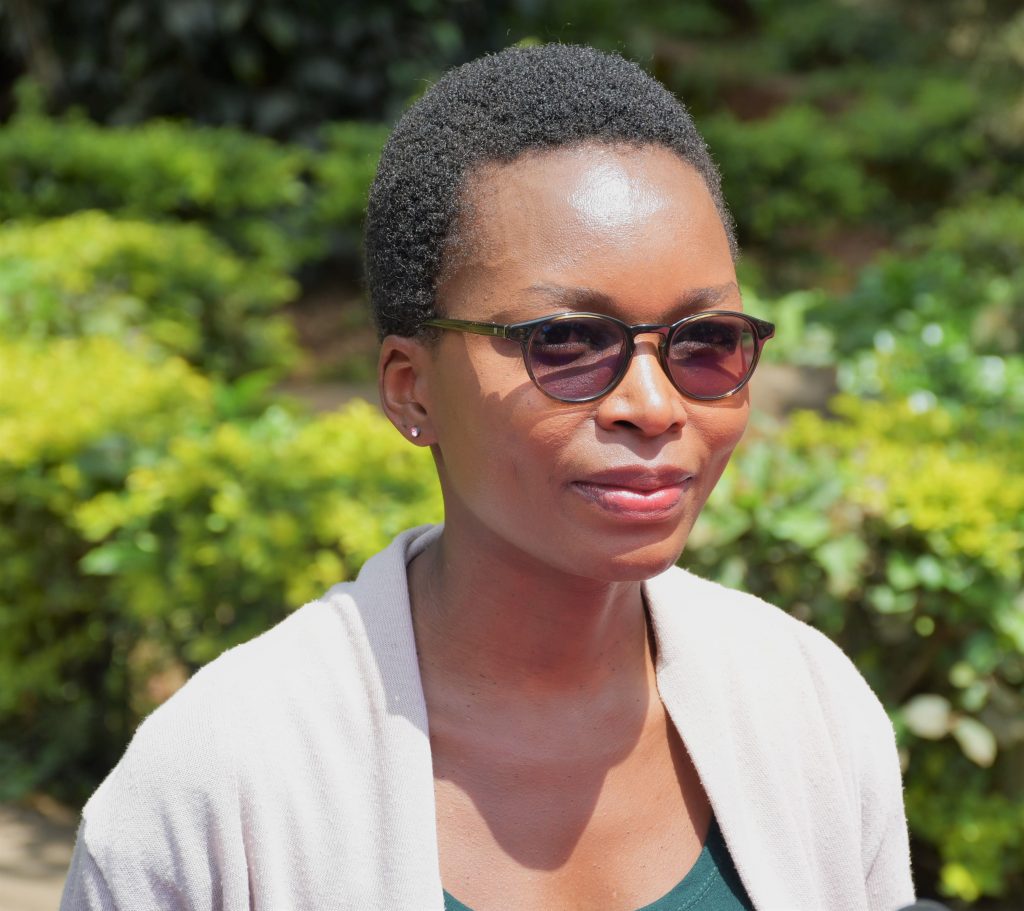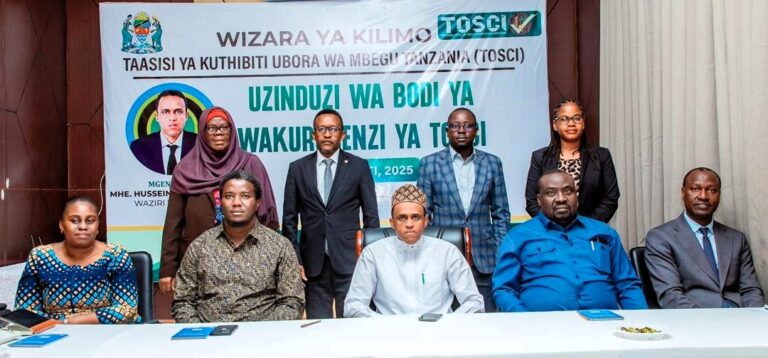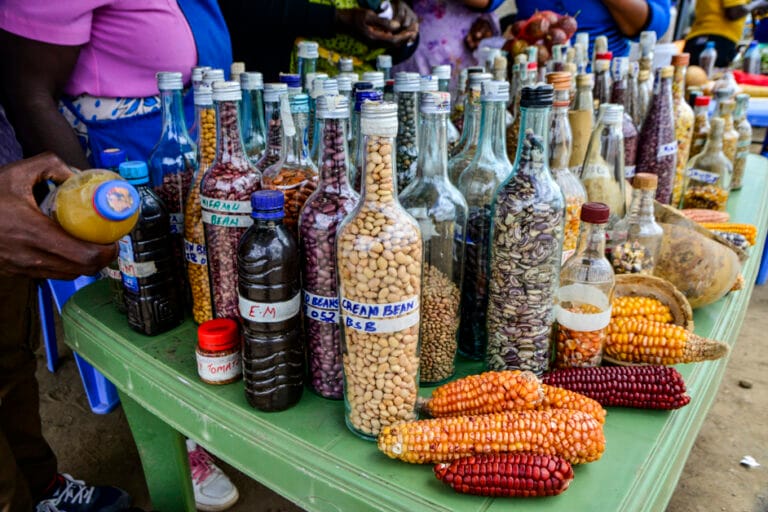By Kimuri Mwangi
In a bid to protect farmers from bad seeds, the Kenyan government introduced The Seed and Plant Varieties Act (2012), which prohibits anyone from sharing, exchanging or selling uncertified and unregistered seeds. This legislation punishes offenders with a prison sentence of up to a maximum of 2 years or a fine of up to Kshs. 1,000,000 or both.
However, in a strange twist, the same legislation makes the same farmers it intends to protect potential offenders if they also share, exchange or sell seeds from their farms to their fellow farmers.
Indigenous seeds have been used by farmers since time immemorial to grow food and preserve agricultural diversity. Seed saving and sharing is an ancient practice that has safeguarded farming communities from hunger and malnutrition even when certified seeds never existed. Seed savers still exist and most of them have organized themselves into groups where they save and share different varieties of seeds. Although no farmer has been arrested yet, they remain apprehensive since if enforced they will find themselves on the wrong side of the law.
A section of smallholder farmers with the support of a non-profit organisation Greenpeace Africa, have filed a case in court over the 2012 law. The public interest litigation filed at the Machakos law courts by 15 farmers is calling for an amendment of the seed laws which they term punitive.
Greenpeace Africa says the government needs to protect Kenya’s farmers over big corporations saying the laws give free leeway for big multinationals and profit-driven entities to pirate local resources and exercise control over smallholder farmers. It is calling for the amendment of the laws and allowing the sale, exchange and sharing of indigenous seeds and integration of the farmer seed management system into the law.

“I cannot afford to purchase seeds for every planting season. With indigenous seeds, I am sure I can get the seeds I need when I need them. Why does the government want to oppress smallholder farmers by abolishing the use of indigenous seeds?” said Veronica Kiboino, a farmer from Baringo County. “Indigenous seeds represent our culture, our people’s way of life, a rich tradition that has been handed down from generation to generation. The government should amend these punitive seed laws and allow us to freely share and sell indigenous seeds,” she added.
Francis Gika a farmer from Elementaita, Nakuru County says the law is selective and oppressive to smallholder farmers. “I can’t afford the Kshs. 200,000 to register a single variety as the law dictates. The government should help us as seed savers to improve instead of criminalizing what we do because we are organized. We have Central Seed Banks which are the largest, farmers’ seed banks and indigenous or personal seed banks. We also have our own ways of dressing our seeds for preservation without using chemicals and this is knowledge that has been passed from our ancestors over a long time,” opines Gika.
The organisation further says that many smallholder farmers rely on informal farmer-managed seed systems where farmers exchange indigenous seeds with each other to enable food production. It adds that locking farmers out of agriculture by punitive seed laws will reduce agricultural productivity which in turn lowers income and food supply.
“By enacting this law, Kenya intends to sell its food system to the highest bidder. Kenya’s farmers will be knocked out of a self-sufficient system and be locked in a debt cycle by depending on seed companies for seed supply”, said Greenpeace Africa’s Campaigner, Claire Nasike. “With this petition in court, we hope the new government will do the right thing in putting the plight of the farmers first by amending this seed law to enable smallholder farmers to share and exchange indigenous seeds freely,” added Nasike.
Farmer-managed seed system thrives largely on seed saving, sharing and exchange which also form part of cultural practices of different ethnic groups in Kenya. There is a feeling that limiting the rights of farmers to share, exchange and sell seeds in the informal seed sector will reduce diverse seed access thus further aggravating food and nutritional insecurity in the country.





